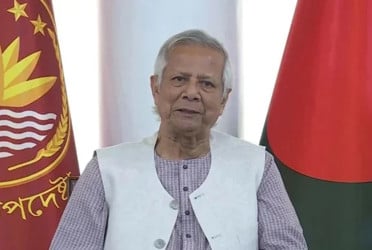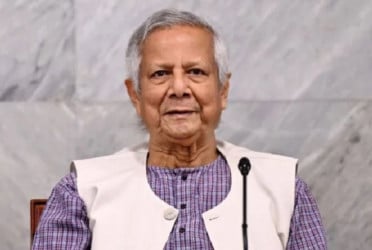Hungary's parliament has passed a constitutional amendment recognizing only two genders: male and female. The move defies broader European Union policies supporting LGBTQ+ rights and has sparked significant controversy, reads an RT report.
The amendment, proposed by the ruling Fidesz-KDNP coalition, was adopted on Monday with 140 votes in favor and 21 against, with no abstentions. Under the new provisions, Hungary will protect the institution of marriage as the "voluntary union of one man and one woman," emphasizing the family as the foundation of the nation’s survival. The constitution now explicitly states, "The mother shall be a woman; the father shall be a man."
In addition, the amendment includes a ban on public LGBTQ+ events and asserts that children’s rights to moral, physical, and spiritual development outweigh other fundamental rights, except the right to life.
This decision builds on Hungary's 2020 move to abolish the legal recognition of transgender people and the 2021 revision of child protection laws, which banned the promotion of LGBTQ+ topics in media, advertising, and education materials aimed at minors. These steps have drawn sharp criticism from Brussels, with the European Commission launching legal action against Budapest and freezing billions in EU funds over concerns of human rights violations.
Ahead of Monday’s vote, opposition politicians and activists attempted to block lawmakers from entering the parliamentary parking garage, using air horns to disrupt the proceedings. Opposition leaders denounced the constitutional changes as a regression from democracy and an attack on EU core values.
Hungarian Prime Minister Viktor Orbán defended the amendment, stating, "The international gender network must take its hands off our children." He also remarked, "Now, with the change in America, the winds have shifted in our favor," referencing the shift in U.S. policy under former President Donald Trump’s stance on diversity and inclusion.
Orbán’s comments highlight Hungary’s growing divergence from EU norms. In December, he declared that the West’s 500-year hegemonic influence was over and predicted that "the coming century will be the century of Eurasia," emphasizing the importance of countries defending their own values.
Hungary’s move follows similar actions in Slovakia, another EU member, where a draft constitutional amendment enshrining two genders passed its second reading last week.
Bd-pratidin English/ Jisan






























































